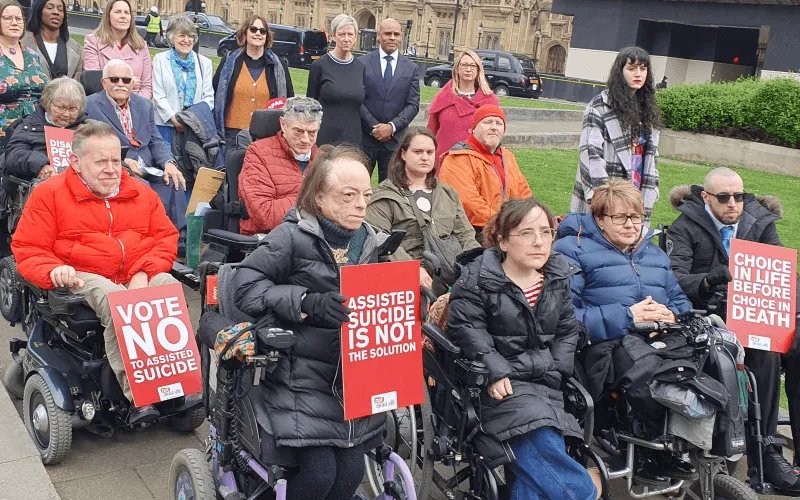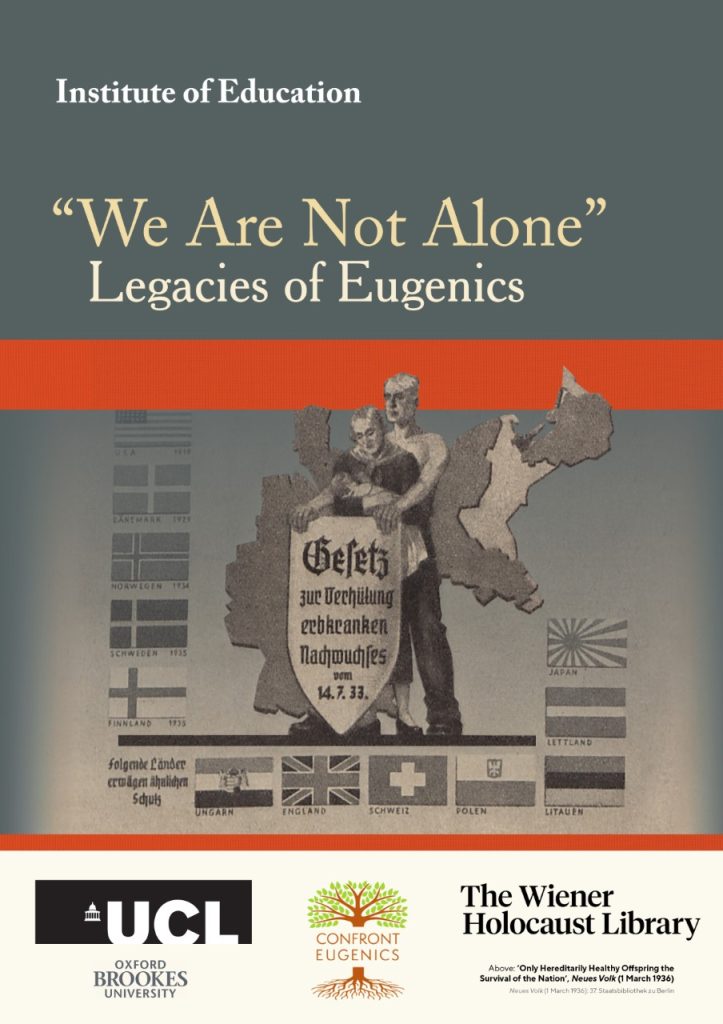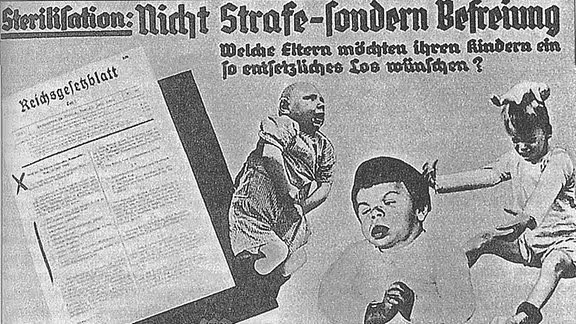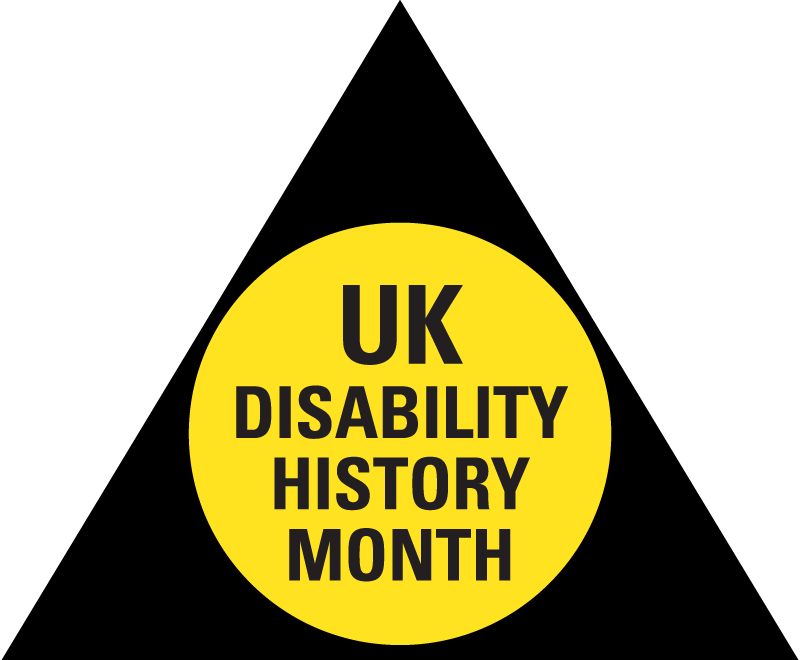Disability, Life and Death
20th November to 20th December 2025

2025 Launch Event
Thursday 20th November 2025
Speakers:
Dr Richard Rieser OBE Coordinator UKDHM
Dame Tanni Grey-Thompson
Sarah Kilpatrick Deputy General Secretary National Education Union
Dr Anne Emerson Author How to be and remain a compassionate educator
Dr Miro Griffiths Leeds University activist and academic
Simone Aspis Free Our People Now Campaign Manger
Rachel Charlton-Dailey author Ramping Up Rights
Yewande Akintelu Youth Manager ALLFIE
Stephen Lee Hodgkins Neurodiverse Artists and Activist.
This year the value of Disabled People’s lives has been severely questioned. The Assisted Suicide legislation making its way through Parliament directly challenges Article 10 of the UNCRPD.
“States Parties reaffirm that every human being has the inherent right to life and shall take all necessary measures to ensure its effective enjoyment by persons with disabilities on an equal basis with others.”
Challenging the right to life of disabled people or ‘useless eaters’ as the Nazis of the 3rd Reich called us is not a new phenomenon.
So called ‘Mercy Killing’ or Euthanasia has been around as long as there have been human beings. The quality of our lives is often put forward by non-disabled medical experts who seek to impose non-disabled people’s values on us for letting us die.
Nearly every person with life long impairment will recite tales of how Doctors had told them and their parents they would not, live, walk, be educable and many such value judgements. And yet our history is full of disabled people who having received such dire warnings, have gone on to live worthwhile and productive lives. This is about providing disabled people with the adjustments and access they need, but most of all it is about challenging disabling attitudes and practices that still persist.
Then add to this the Eugenicist view based on false science that led to millions of forced sterilisations, deaths, incarcerations for life in the UK, across many developed countries in North America, Australia, Europe, Russia and Japan. One can understand how important it is tor UKDHM 2025 to tackle this prejudicial thinking.

The disabled crossbench peer Baroness [Jane] Campbell said Not Dead Yet UK (NDY UK), believed disabled people were “a cohort of people who are missing from the conversations” on the bill.
She said: “Most of the people in the room today will be affected by the bill. “We feel that our lived experience of living with progressive and terminal conditions should be heard but not only heard but we should be at the centre of this conversation.”
But she said it was “very difficult” for disabled people opposed to the bill to get their voices heard by MPs and peers. She said they “do not hear our voices because they meet far more people just like them.”
“The predominant voice… is that people like us should have a right to die. They do not consider even for a minute that we are struggling even to have the right to live every day of our lives”.
“We do not enjoy coming here today to plead for our lives. It takes away our humanity and it gives us no sense of self-dignity. “For us, this is almost like the last straw. Now is about our right to breathe and survive and live and have value.”

‘We are not Alone’ was a Nazi publication of 1935 that sought to demonstrate how their Eugenics believes to eradicate ‘Life Unworthy of Life’ was being pursued in many countries around the world.
Shamefully this is true. A recent exhibition and blog go into the impact of this in Society and Education.
CREDIT: Calvin College, German Propaganda Archive

Nazi Eugenics Exhibition Poster
This poster from a eugenics exhibition in the 1930s reads, “Sterilization is Liberation, Not a Punishment.” Three handicapped children are also pictured with the caption, “Who would want to
be responsible for this?”
CREDIT: Calvin College, German Propaganda Archive
In future weeks we will add resources from the UK and internationally that demonstrate the impact of the thinking that disabled people are second class or less than which leads to many different pressures that cut short our lives.
